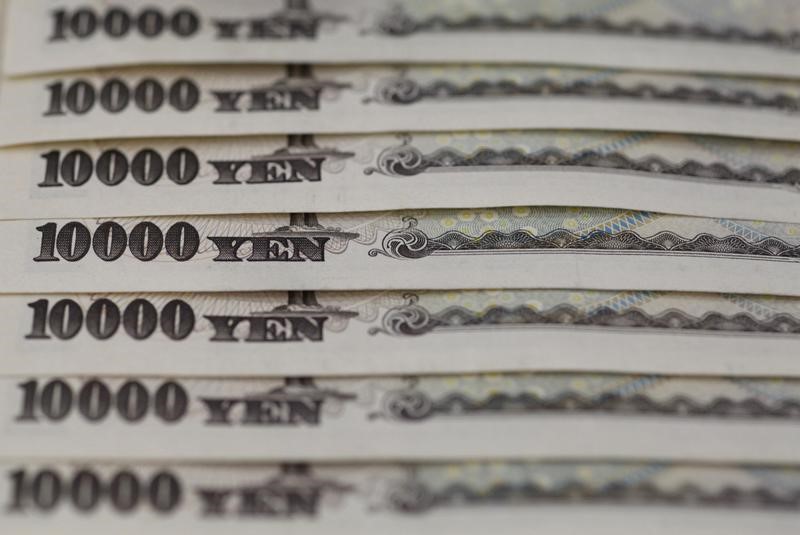* Yen hits 2-1/2 year high vs euro as crude oil, stocks slip again
* AUD slips after RBA official reportedly says currency too high
* Sterling awaits "credible deal" from EU to keep Britain in (Updates prices, adds details and quotes)
By Ian Chua and Shinichi Saoshiro
SYDNEY/TOKYO, Feb 19 (Reuters) - The yen gained broadly on Friday, hitting a fresh 2-1/2 year high on the euro thanks in part to renewed demand for the safe-haven Japanese currency as crude oil and equities wobbled again.
The euro fell as far as 125.47 yen EURJPY=R , its lowest since June 2013.
The dollar was down 0.4 percent at 112.83 yen JPY= , creeping back towards a 15-month low near 111.00 set last week. The greenback nearly touched 115 on Tuesday but was poised to lose 0.4 percent on the week.
Traders said a fresh fall in oil prices had unsettled equity markets, prompting the flight to safety. Japan's Nikkei .N225 was last down more than 2 percent.
The euro was little changed at $1.1119 EUR= after slipping to a two-week low of $1.1071 EUR= . It was on track to lose 1.2 percent on the week.
"I think the euro has further downside. The currency faces political risk as economic woes and the refugee crisis cloud the EU's future," said Masashi Murata, senior currency strategist at Brown Brothers Harriman in Tokyo.
While prospects of further monetary easing by the European Central Bank is also putting the euro on the defensive, the impact of actual loosening is likely to be short-lived, Murata added.
Minutes of the European Central Bank's January meeting showed some policymakers advocated the need to act pre-emptively in the face of new threats to growth. contrast, San Francisco Fed President John Williams said the U.S. central bank should stick with its plan to raise interest rates gradually, adding his outlook has changed little since December. diverging policy pathways between major central banks have been highlighted as a cause for heightened market volatility.
The Australian dollar slipped after Reserve Bank of Australia board member John Edwards reportedly told the Wall Street Journal that the currency was too high, and that there were growing risks of it appreciating as other central banks adopt negative interest rates.
The Aussie was down 0.8 percent at $0.7098 AUD=D4 . It fell to a seven-year low of $0.6827 in mid-January amid a sharp deterioration in global risk sentiment but had crept higher since.
Sterling managed to firm slightly as markets hope a deal can be reached at a summit where Britain is seeking more favourable terms for its EU membership.
Prime Minister David Cameron appealed to EU leaders to help him settle the question of Britain's European Union membership for a generation by agreeing a "credible" deal he can sell to the British public to stay in the bloc. pound was up 0.1 percent at $1.4335 GBP=D4 , pulling further away from Wednesday's trough of $1.4235. The euro dipped below 77.50 pence EURGBP=R , retreating from a one-year high near 79.00 pence set a week ago.
"We will be watching the outcome of the EU Leaders' Summit on Friday for a successful UK deal, with most officials expressing optimism at the start of the meetings on Thursday," analysts at BNP Paribas (PA:BNPP) wrote in a note to clients.
"This would allow EURGBP to unwind some of the Brexit risk premium that has been recently been into the cross." (Editing by Shri Navaratnam and Kim Coghill)
